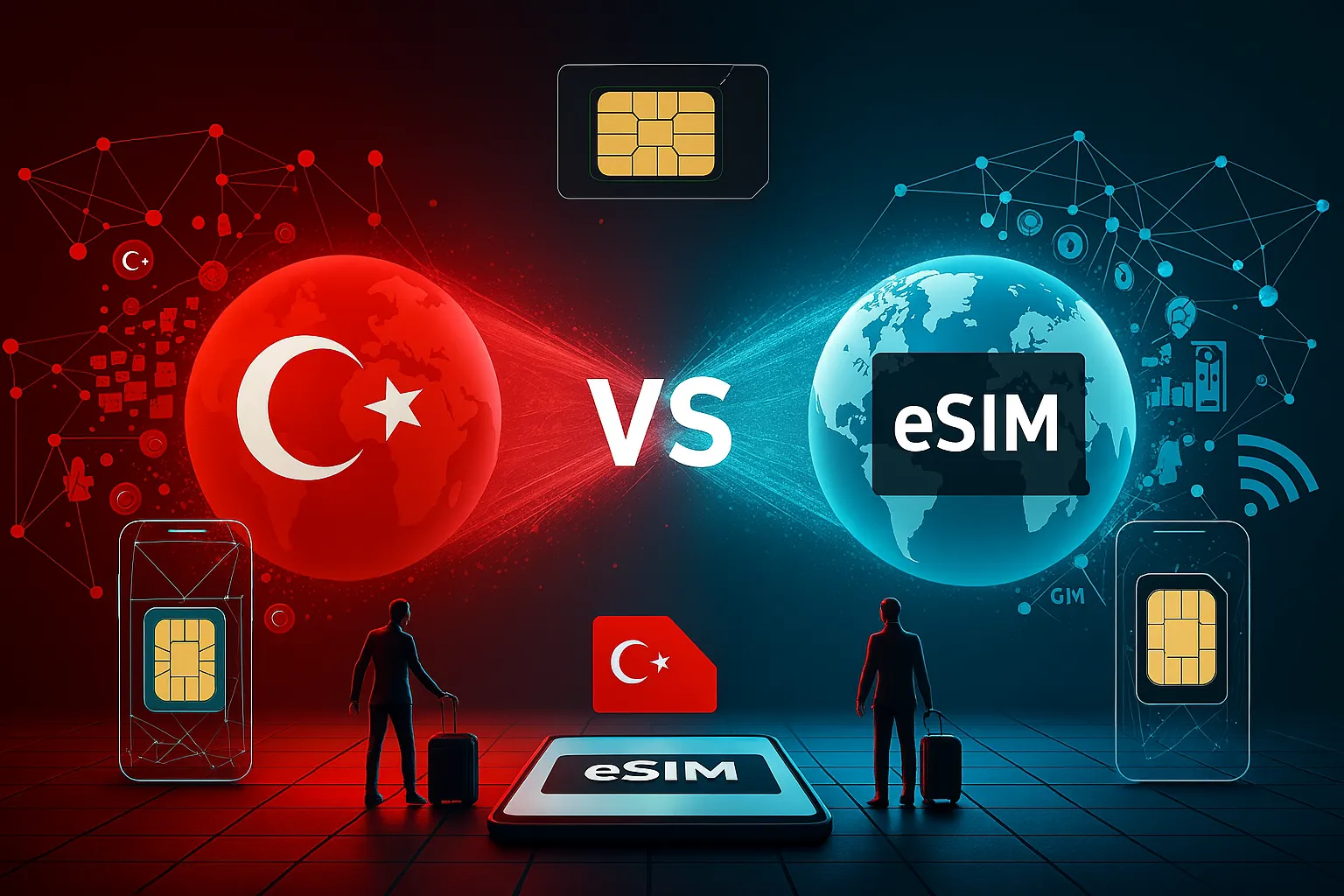Türkiye’s first space traveller bids farewell to ISS
Gezeravci and his Ax-3 crewmates provided audio samples such as respiratory, speaking, and cough sounds for the experiment VOKALKORD from Halic University, which aims to investigate the effects of microgravity on the human voice with the support of artificial intelligence. Scientists are also hoping to utilise the technology to diagnose over 70 types of disease.
Another experiment Gezeravci conducted was by scientists from Bogazici University and TUBITAK, who collaborated on the UzMAn project to demonstrate a hybrid life support system for converting carbon dioxide to oxygen in closed environments like the ISS through microalgae that can survive in harsh conditions.
“Specifically for human space missions, this mission addresses important needs for Türkiye because our scientists had never had the opportunity to conduct microgravity research until now,” Atas tells TRT World.
At the beginning of the mission, they asked the Turkish science community what experiments they wanted to conduct in space. The 13 experiments that went to the ISS were selected out of 48 proposals from 37 universities and research centres.
“This is a huge number. It was impossible to perform so many experiments in just this mission,” Atas says, stressing that crewed space missions would continue to finish up the current experiments and carry out further ones.
“Our experiments in space will continue. We have long-term experiments in plans. One of them, for instance, requires a stay in space for a period longer than 14 days,” which was the length of Gezeravci’s mission, Atas adds.
Türkiye’s second crewed space flight mission is planned for later this year and will be carried out by the country’s second astronaut, 31-year-old engineer Tuva Cihangir Atasever. He will go on a suborbital flight during which he will ascend to a certain altitude within the Earth’s orbit and let the spacecraft freefall for a few minutes, creating microgravity conditions.
“During that time, we are planning to conduct seven different experiments, which we are currently preparing for,” Atas says. Acknowledging the surprisingly short amount of time given for the experiments, he reassures that they can “conduct crucial experiments even in this short amount of time.”
“And Tuva is very fast,” he adds.




